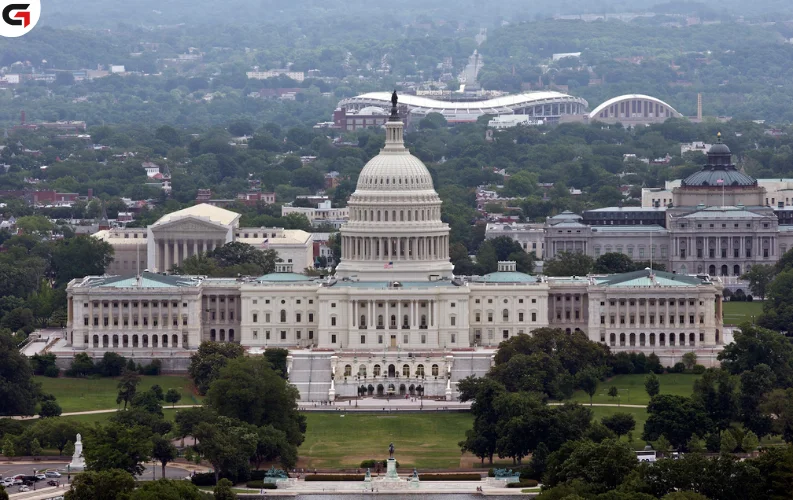The U.S. government shutdown is sending tremors across global markets, forcing investors to reassess where safety truly lies. What was once seen as short-term political friction has now become a deeper reflection of Washington’s fiscal dysfunction, and Gulf economies are emerging as the biggest winners.
For decades, the U.S. dollar has served as the backbone of global trade, offering stability and predictability. But this time, America’s political gridlock has sparked global uncertainty. The shutdown is costing the U.S. economy nearly $7 billion each week, shrinking growth and halting key government services, from mortgage processing to small business funding.
Economists warn that this disruption goes far beyond lost productivity. Luke Bartholomew, Deputy Chief Economist at Aberdeen, described the situation as a “crisis of institutional credibility,” emphasizing how repeated shutdowns are eroding confidence in America’s ability to manage its financial systems.
Joe Brusuelas, Chief Economist at RSM U.S., added that prolonged political standoffs could pressure the Federal Reserve’s policy direction, pushing investors toward alternative markets. Unlike past crises where funds rushed into U.S. assets, capital is now moving out, seeking stability and vision elsewhere.
That “elsewhere” increasingly points to the Gulf. The GCC’s combined sovereign wealth funds exceed $4 trillion, and with diversification strategies under way, Gulf economies offer a rare combination of liquidity, discipline, and growth.
In Saudi Arabia, foreign investment tied to Vision 2030 continues to surge, with American companies leading over 60 greenfield projects worth $2.7 billion in early 2025. Meanwhile, the UAE is seeing record inflows into its financial and clean energy sectors, as Dubai and Abu Dhabi attract funds fleeing U.S. market volatility. Qatar, with its global LNG leadership, is expanding as a center for logistics and international trade, further cementing its role in a shifting global order.
This movement signals the rise of a multipolar financial landscape, where investors are no longer bound to the U.S. dollar. Gulf nations are redefining what financial stability looks like, not just as exporters of energy, but as global anchors for capital in an uncertain world.
The American shutdown may end in weeks, but its message will echo longer: confidence follows competence, and for now, that competence resides firmly in Riyadh, Dubai, and Doha.




















